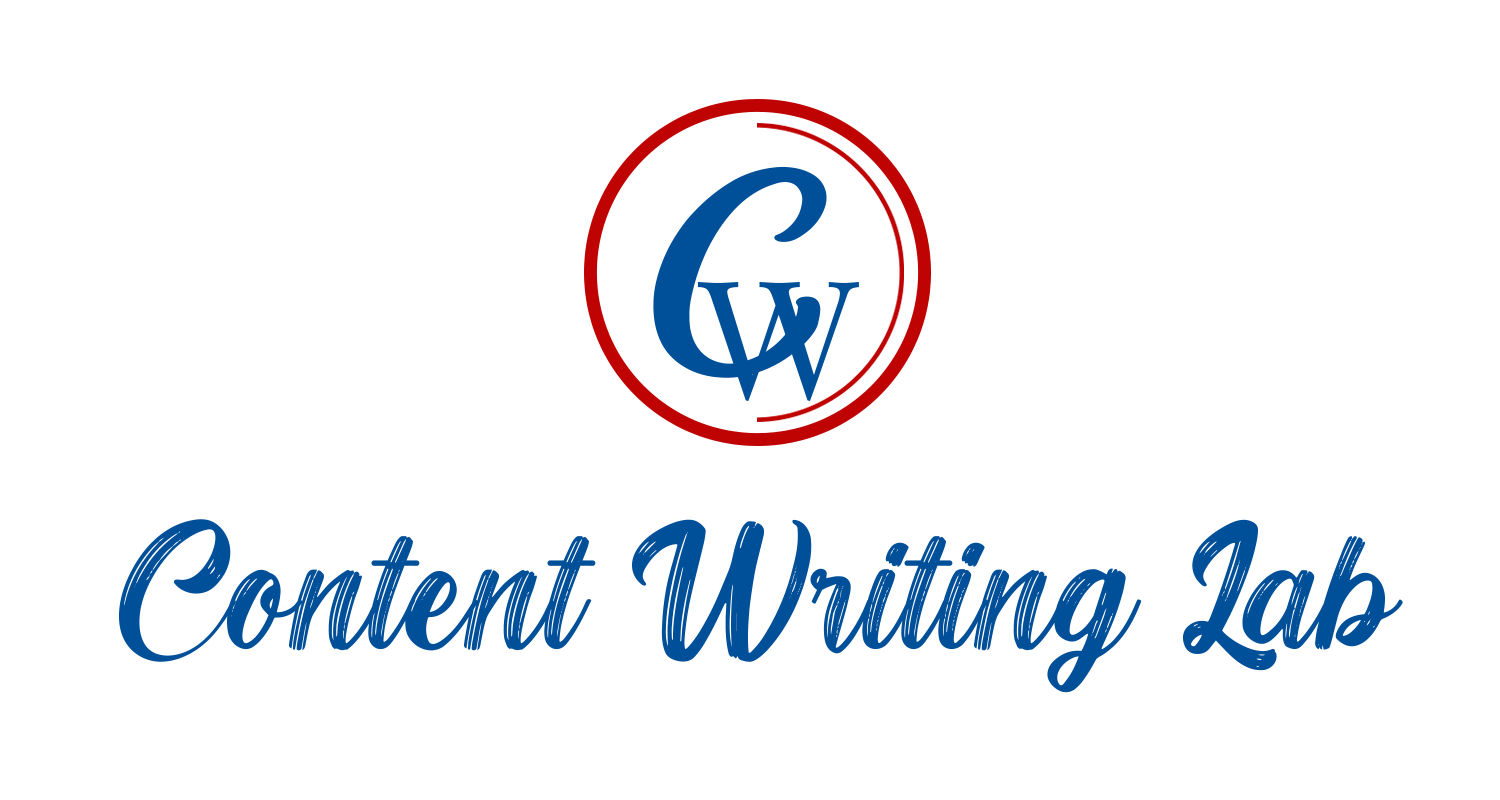Industrial business closure liquidation is a complex process that involves selling off assets and closing down operations. This guide provides a detailed explanation of the steps involved in industrial business closure liquidation, including assessing assets, finding buyers, and handling legal and financial aspects. Additionally, we’ll discuss the challenges and considerations that business owners may face during this process.
Assessing Assets
- Inventory: The first step in industrial business closure liquidation is to take inventory of all assets, including machinery, equipment, inventory, and property. This will help determine the value of the assets and what will be sold during the liquidation process.
- Valuation: Once the inventory is complete, the next step is to determine the value of the assets. This can be done through appraisals or by researching market prices for similar items.
- Prioritizing Assets: Not all assets may be suitable for sale. It’s important to prioritize assets that are in demand and likely to fetch a higher price.
Finding Buyers
- Liquidation Auctions: One of the most common ways to sell assets during industrial business closure liquidation is through liquidation auctions. These auctions attract a wide range of buyers and can help maximize the sale price of assets.
- Online Sales Platforms: Another option is to sell assets through online sales platforms such as eBay or Craigslist. This can be a good option for selling smaller items or items that are in high demand.
- Direct Sales: Some assets may be sold directly to other businesses or individuals. This can be a more time-consuming process but may result in higher sale prices for certain items.
Handling Legal and Financial Aspects
- Debt Settlement: Before closing down operations, it’s important to settle any outstanding debts. This may involve negotiating with creditors to agree on a payment plan or selling assets to pay off debts.
- Employee Rights: Industrial business closure liquidation also involves ensuring that employees are treated fairly. This includes providing notice of termination, paying out any accrued benefits, and complying with labor laws.
- Legal Compliance: Throughout the liquidation process, it’s important to comply with all relevant legal requirements, including tax laws, environmental regulations, and any industry-specific regulations.
Challenges and Considerations
- Timing: Industrial business closure liquidation can be a lengthy process, and it’s important to allow enough time to complete all necessary steps.
- Asset Disposal: Disposing of certain assets, such as hazardous materials or specialized equipment, can be challenging and may require special handling.
- Financial Implications: Closing down a business can have significant financial implications, including taxes, penalties, and other costs. It’s important to carefully consider these factors before proceeding with liquidation.
Conclusion
In conclusion, industrial business closure liquidation is a complex process that requires careful planning and execution. By following the steps outlined in this guide and seeking professional advice when needed, business owners can navigate the liquidation process successfully and minimize any negative impacts on their business and employees.
Faqs
What is industrial business closure liquidation?
Industrial business closure liquidation is the process of selling off assets and closing down operations of an industrial business. This typically occurs when a business is unable to continue operating due to financial difficulties or other reasons.
Why would an industrial business choose to liquidate?
There are several reasons why an industrial business may choose to liquidate, including financial insolvency, changes in market conditions, or the retirement of the business owner. Liquidation allows the business to sell off assets and settle debts.
What types of assets can be liquidated during industrial business closure?
During industrial business closure liquidation, a wide range of assets can be liquidated, including machinery, equipment, inventory, and property. These assets are typically sold to generate cash to settle debts and close down operations.
How long does the industrial business closure liquidation process typically take?
The length of the industrial business closure liquidation process can vary depending on the size of the business, the number of assets to be liquidated, and other factors. In general, the process can take several months to complete.
What are the legal and financial implications of industrial business closure liquidation?
Industrial business closure liquidation can have significant legal and financial implications, including taxes, penalties, and other costs. It’s important for business owners to seek professional advice to understand and manage these implications effectively.

